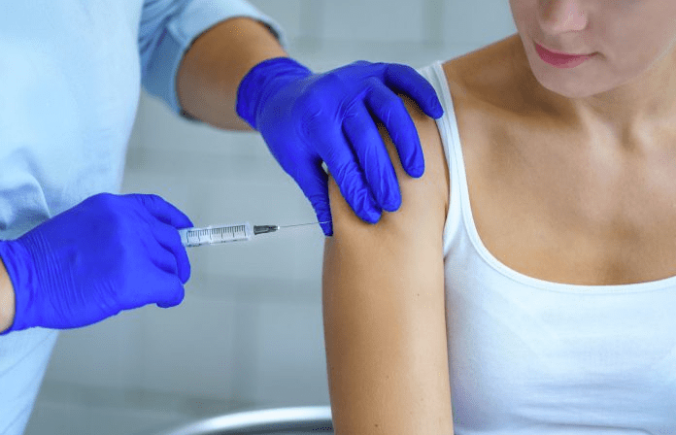
At least five studies found people unexposed to novel coronavirus exhibiting T cell immune responses specific to SARS-CoV-2. This might be arising from memory T cells derived from previous exposure to ‘common cold’ coronaviruses. This may have implications in infection prevention/disease progression and vaccine development.
At least five studies (one published in journal Cell, and four (here, here, here and here) are preprints, which are yet to be peer-reviewed) have shown that people who have not been infected with novel coronavirus may still exhibit T cell immune responses specific to SARS-CoV-2. Overwhelming percentage of adults are exposed to four different coronaviruses that cause common cold. It is thought that SARS-CoV-2-specific T cells responses seen in healthy people might arise from memory T cells derived from exposure to ‘common cold’ coronaviruses.
The studies found 20-50% of healthy people display novel coronavirus-specific memory T cells. Whether the presence of pre-existing immunity from memory T cells offers clinical relevance — protect or even harm people — when exposed to novel coronavirus is not known. Healthy people studied were those tested prior to the pandemic or have not been infected with novel coronavirus. A few studies used peripheral blood mononuclear cells (PBMC) and plasma samples collected from healthy donors years before the coronavirus outbreak occurred in Wuhan.
Potential to decrease disease severity
“Pre-existing T cell immunity to SARS-CoV-2 could be relevant because it could influence COVID-19 disease severity. It is plausible that people with a high level of pre-existing memory CD4+ T cells that recognize novel coronavirus could mount a faster and stronger immune response upon exposure to the virus and thereby limit disease severity,” notes a Comment published in Nature Reviews Immunology. Alessandro Sette and Shane Crotty from La Jolla Institute for Immunology, La Jolla, California also mention in the Comment that T cells could “potentially facilitate an increased and more rapid neutralizing antibody response” against novel coronavirus.
One of the ways of ascertaining the role of pre-existing T cell immunity in protecting against SARS-CoV-2 virus is by measuring such immunity and correlating with infection and severity of disease in such people when they are exposed to the virus.
The infections by common cold coronavirus by age is not well established and so is the immunity caused by infections by the four coronaviruses that cause the common cold. This becomes particularly important as children do not show severe symptoms even when they get infected, while older people often exhibit severe clinical symptoms. “The reasons for both are unclear,” they write.
“These considerations underline how multiple variables may be involved in potential pre-existing partial immunity to COVID-19”, they say. They also caution that it is important to “avoid overgeneralizations or conclusions in the absence of data”.
Implications for vaccine development
There is a possibility that pre-existing T cell memory might influence vaccination outcomes. Pre-existing immunity could help elicit better immune responses against novel coronavirus and these responses can manifest faster. Meanwhile, pre-existing immunity could be mistaken as enhanced efficacy of the vaccine in eliciting immune responses. This could be particularly confusing in Phase-1 trials where the vaccine is tested on a small group of healthy participants.
“This could be avoided by considering pre-existing immunity as a variable to be considered in trial design. Thus, we recommend measuring pre-existing immunity in all COVID-19 vaccine phase I clinical trials,” they write.
Pre-existing immunity against novel coronavirus could also have drawbacks. For instance, pre-existing immunity can actually reduce the immune responses that the vaccine causes through a mechanism called the ‘original antigenic sin’. It can also lead to antibody-mediated disease enhancement, where antibodies present at sub-neutralizing concentrations can actually augment virus infection and cause more severe disease. Antibody-mediated disease enhancement is seen in chikungunya and dengue. In the Philippines, post vaccination with Sanofi’s dengue vaccine, people with no prior infection with the virus came down with severe illness when they were later exposed to the virus.